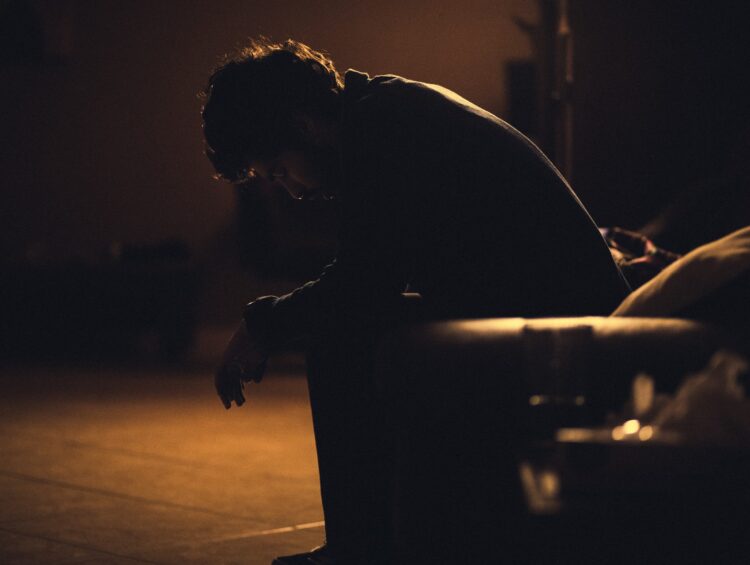If you’re wondering if your man is suffering from depression, the first step is to talk to a doctor. You can start by discussing physical symptoms, which will open the door to discussing behavioral symptoms. It’s also a good idea to see a relationship counselor if you suspect behavioral signs of depression. Your counselor can provide you with helpful strategies to improve communication.
Contents
Impotence
Impotence is one of the most common signs of depression in men. This condition causes men to lose interest in sexual activities and experience problems achieving and maintaining an erection. While it is not the only symptom of depression, it can signify a deeper problem. Depression can also lead to a lack of self-esteem, affecting a man’s ability to gain an erection.
Many men are reluctant to admit that they have a problem, let alone seek help. However, if you think you might have an issue with depression, it’s imperative to get treatment and go through Denver Men’s Therapy. While it is crucial to find the appropriate medical assistance for depression, most men respond well to self-help measures such as exercise, changing to a healthier diet, and making other lifestyle changes.
Loneliness
Loneliness has been associated with several depressive outcomes, including depression and anxiety. Genetic factors may partly influence this association. Recent genome-wide association studies have identified multiple overlapping regions in the genome that are related to loneliness and depression. Individuals who experience more loneliness are more likely to develop depression.
Lonely men often find it difficult to socialize. Joining a community group can help them connect with their local community. Alternatively, volunteer work is another way of meeting new people. Volunteer work also helps to boost one’s self-esteem. In the UK, various initiatives have been set up to help reduce loneliness among men.
Irritability
There is an increased awareness of the role of irritability in depression. However, some people still mistake it for other conditions like bipolar disorder. This condition affects men and women of all ages. If you think your man is becoming more irritable, you should consider the possibility of depression.
Feelings of hopelessness and sadness generally characterize depression. In addition, a depressed person will often be irritable and angry. These symptoms may even be related to a loss of interest in hobbies or activities.
Anger
Studies have shown that anger can be an early symptom of depression. Its severity correlates with the severity of depression. Anger is a physical and emotional response to threats or insults. Men with depression may experience outbursts of anger. These reactions can be complex for the person suffering from depression to understand.
Although depression affects men and women, men often express their emotions more extremely. These include irritability, anger, and decreased impulse control. These symptoms can be challenging to identify in depressed men and may be mistaken for normal feelings. However, if the offense becomes so severe that it interferes with a person’s life, it may indicate a more serious condition.
Loneliness
Loneliness is associated with an increased risk of depression in both men and women, especially among men. Loneliness is also associated with a higher incidence of cardiovascular disease and an increased risk of early death in both men and women. The reasons for the differences may be biological or psychosocial.
While loneliness is often attributed to the effects of aging, it can also be caused by physical or cognitive decline, grief, or reduced social networks. Loneliness’s biological and social consequences are complex, but they are known to increase the risk of depression. For example, loneliness is associated with increased stress and reduced self-esteem, affecting stress response and inflammation. Moreover, loneliness is associated with a decreased ability to make social connections, which may contribute to depression.
Treatment Options
Among the best treatment options for men with depression is cognitive behavioral therapy (CBT). This approach focuses on reshaping negative thought patterns and modifying contributing behaviors. It helps men learn how their thoughts and behaviors affect each other and how to manage their symptoms better. CBT also helps men overcome the shame associated with depression. Typically, CBT lasts from 12 to 16 weeks. However, it can extend longer in severe cases.
Several men with depression may experience suicidal thoughts. Because men show fewer warning signs than women, it is essential to seek help immediately. Several suicide helplines are available, including the National Suicide Prevention Lifeline, which can be reached by calling 988. While many men find asking for help difficult, it’s essential to seek help as soon as possible. Men who refuse treatment are likely to develop more severe depression.





